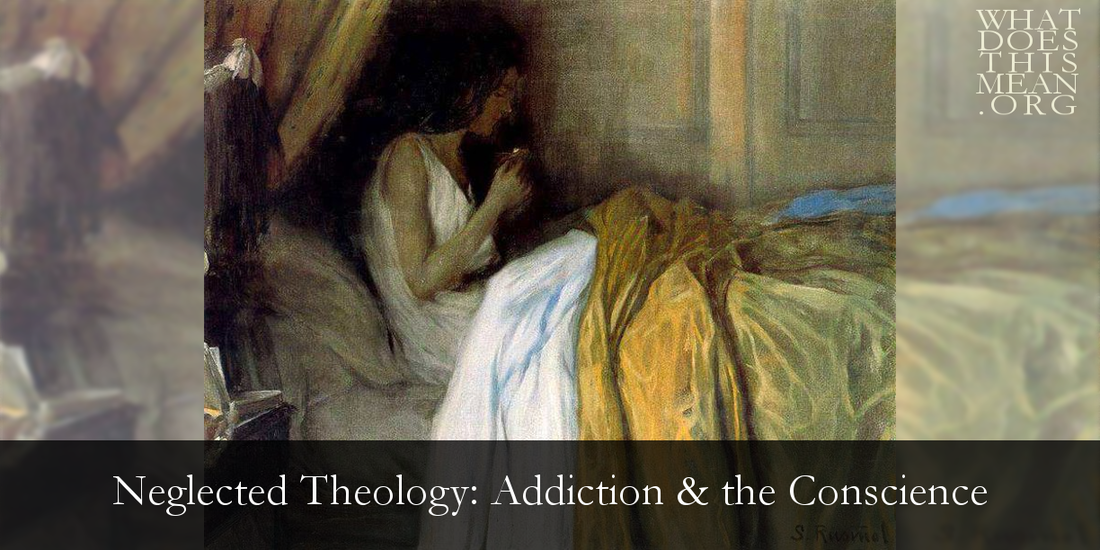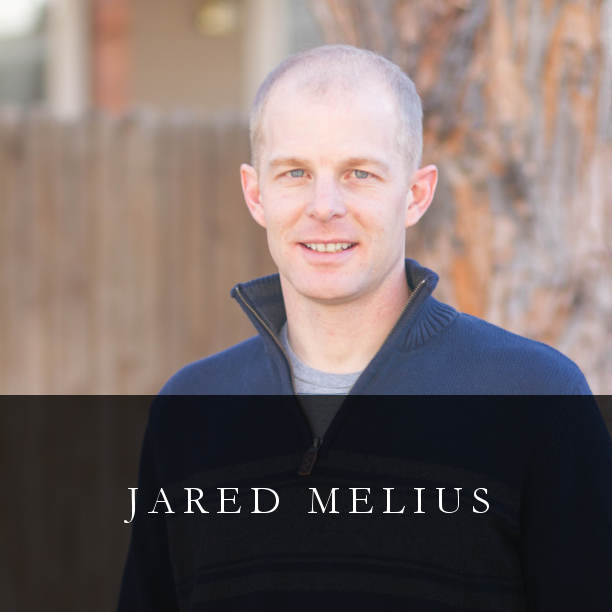Here is the problem. Neither of these two “models”— the modern disease model nor the classical choice model — describes the phenomena of addiction very well. Most alcoholics report that if quitting were simply a matter of making better choices, they would have made that choice long ago. Consider the following haunting account of a young female alcoholic:
"I picked up a half gallon of whisky one day after work and drank over one-third of it in less than four hours that same night. I was so sick the next day, but I made it to work. When I got home from work, I sat on my parents’ sofa and knew, I knew, I would start working on the half gallon, despite the fact that I was still very ill from the night before. I also knew that I did not want to drink. Sitting on that sofa, I realized that the old “I could stop if I wanted to, I just don't want to” didn't apply here, because I did not want to drink. I watched myself get up off the sofa and pour myself a drink. When I sat back down on the sofa, I started to cry. My denial had cracked; I believe I hit bottom that night, but I didn't know it then; I just thought I was insane. I proceeded to finish the half-gallon."[1]
On the one hand, there is more going on here than merely making better choices. But, on the other hand, addiction cannot simply be reduced to purely disease and medicine. Most people who manage to quit their addictions do so without medical intervention of any kind! That doesn’t happen with cancer or diabetes.
Addiction might be best described, neither in moral nor scientific terms, but theological. The various twelve-step programs discovered this long ago, their various theological weaknesses notwithstanding: Addiction is a spiritual problem.
Cancer and diabetes are not sins. Drunkenness, heavy smoking, sexual addiction, and the like, are. Addictions make us guilty, no matter what science might be otherwise involved. And, the fact that those with addictions may want to quit, but describe themselves as unable to, is proof of the coercion of sin. It is proof of what Luther called the bondage of the will. Addiction involves our will, and our will, teaches the Bible, is broken.
We need to be very careful about our prescriptions for the solution to this brokenness. The devil encourages us toward these addictions for two very distinct reasons. First, he wants to ruin lives and families and wealth and reputations and nations. He wants to destroy things, and addiction is destructive. Second, he wants to afflict and destroy consciences through addiction. The temptation is to make light of this second danger. We have tended to concern ourselves with the first one, and understandably enough, but I wonder if the devil isn’t more pleased with the destruction wrought by the second one.
Consider the havoc the devil executes against a person’s conscience through addiction. When the sinner tries to resist the sin, the devil likes to use “disease” models of addiction to break down his resistance. He must do this. He has no choice. This is the way God made him. The more often his willpower caves, the less “guilty” he feels for doing it the next time. His conscience grows more and more calloused and his resistance seems more and more futile.
At the same time, when God in His mercy would comfort his conscience with the Gospel and forgive his sins, the devil prefers to flood the conscience with a “choice” model of addiction. He is tempted to believe that if he were a true Christian, he would be making better choices, exercising more discipline. He remembers the occasional times when his willpower resisted the temptation, and he wonders why he cannot always have such willpower. He takes his condition as an indication that God has forsaken him and the Holy Spirit has left him. This is a lie of the devil, but it is a lie that the conscience of the addict finds incredibly difficult to resist.
When it comes to matters of the conscience, the Gospel, the forgiveness of sins and salvation, the predominate models of disease and choice are tools of the devil. They are not helpful. They mask the real spiritual problem, and thus they mask the only solution — the blood of Jesus and the power of the Gospel. The poor sinner needs the treatment of the Law and Gospel. The Law will break his excuses and rationalizations, and the Gospel will forgive him and encourage him. No sin — not one single sin nor decades worth of the same sin — will dissuade the Lord Jesus from keeping him and bringing him to heaven.
But note this well. The Law and the Gospel are given to fix consciences. They are not given to fix addiction. I have known addicts who continued to be convicted by the Law and comforted by the Gospel through years of addictive behavior. The Word of God didn’t “work” to remove the behavior. But it did keep them in the true faith.
That being said, Christians wants to be free of the actual behavior. Even if they have the Law and the Gospel, though they live in the freedom of the Gospel in the midst of addiction, the behavior is still dangerous, not only to their consciences, but to themselves and their families. So, ironically, in that realm, they should use whatever resources are available — medications, nutrition, external discipline, internet filters, 12 step programs, accountability groups, counselors, detox facilities and the like. These things are not the Gospel, and they cannot deliver a person to a clean and free conscience, but they are good, and if they help, there is no shame in using them.
While I think it’s important to keep matters of behavior and matters of the conscience distinct, I make one exception — Individual Confession and Absolution. The individual absolution is particularly useful for these kinds of addictive and besetting sins. It will relieve your conscience, and in some instances, it even helps to resist future sinning. This gift of Christ has served Christians very well.
The ultimate solution all around is the resurrection of the body and the life everlasting. Alcoholics are trained to forever designate themselves as “recovering alcoholics.” This is true of all sinners. On this side of glory, the best we can hope for is “absolved sinner.” But glory is coming. Jesus will return. We will be free from afflictions of the conscience and free from sinning.
NOTES:
[1] Dunnington, Kent. Addiction and Virtue: Beyond the Models of Disease and Choice. Intervarsity Press, 2011. Page 54



 RSS Feed
RSS Feed
